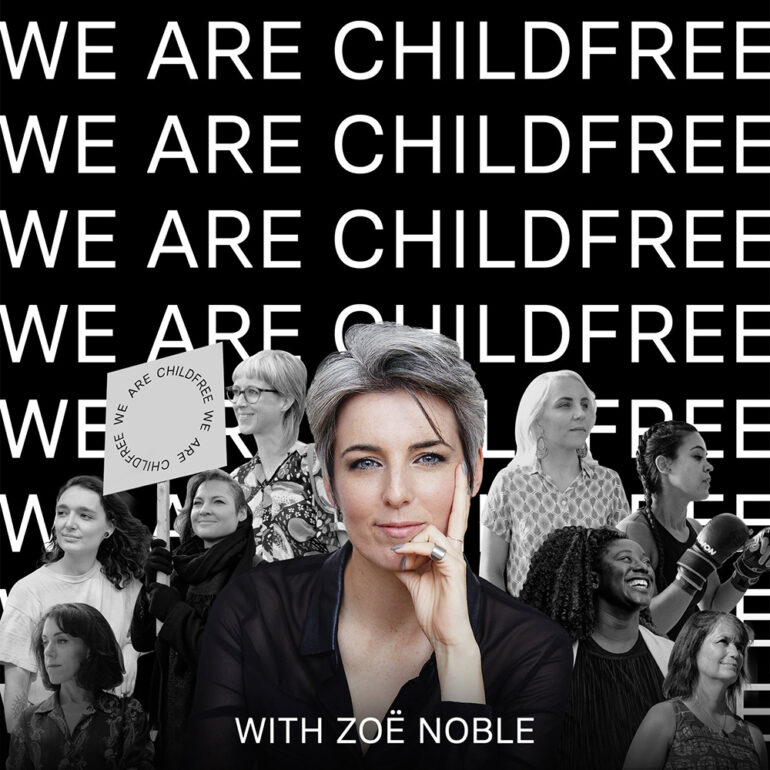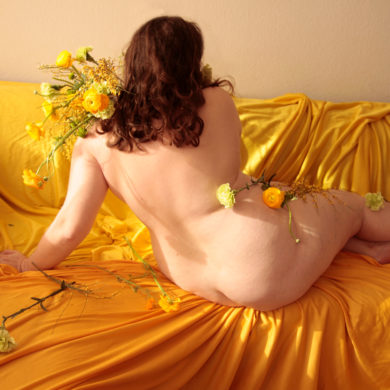In a society that glorifies motherhood and obsesses over not only baby bumps but also childbirth, British photographer Zoë Noble is committed to fighting for a world where people who can get pregnant have access to information and resources to gain agency over their bodies, their lives and ultimately, over their own choices.
Women and female-identifying individuals have been historically oppressed and controlled to meet the needs and standards of the patriarchy and the morals established by the abuse of religion. Idealizing discourses of maternity have only reduced every woman’s mind, body, and soul to a mere vessel destined to procreate, and this way, fulfill her supposed role in life. When Ivanka Trump stated proudly “The most important job any woman can have is being a mother” she was acting as another instrument to dominate and domesticate women, her equals, her sisters, depriving them of the many facets of their personal and social identities.
It comes as no surprise that after such arguments and the stance of “pro-life” supporters, the U.S. Supreme Court overturned the past June 24 the historical Roe v. Wade ruling that upheld abortion rights for decades. This backslide of American democracy criminalising the right to abortion mirrors a fascist, dystopian society such as portrayed in the famous feminist novel “The Handmaid’s Tale” written by Margaret Atwood where women were only destined to bear and raise children.
It is precisely in this historical moment we are all living that the work of Zoë Noble and the amazing community of We are Childfree is more important than ever. Noble, based in Berlin, started photographing and interviewing women who opted out of motherhood and named her series We are Childfree. Currently, the project has evolved into a compassionate and conscious community where everyone is empowered to leave behind strict gender roles and imposed stereotypes and live according to their own rules. We are Childfree entails more than a photographic project: through personal stories, podcasts, and a thriving caring community on social media, the project connects and offers support to millions of people who decided to live childfree.
“We are empowered. We are community. We are Childfree”.
What was a decisive moment in your life that led you to create We are Child Free?
When I moved to Berlin at about age 30, I gained the confidence to live openly childfree. And that’s when the judgment started coming – from people I knew, complete strangers, gynecologists… They all had an opinion on a decision that was personal to me, and right for my body and my life.
The one incident that really stands out is when I got a taxi home from the airport, after traveling to work. When the driver found out I was married, but didn’t have or want children, he nearly drove us off the road! He insisted that I should have children, and then by the second or third kid, I’d start liking it. I couldn’t believe that someone would say something so insensitive and irresponsible to a stranger he knew nothing about!
Out of pure frustration, I picked up my camera and started photographing childfree women in my studio. Hearing their stories made me realise that we all have our own reasons and our own experiences, even as we face shared challenges. Wanting to uplift more diverse voices, I started a podcast that reached people all over the world. Before I knew it, We are Childfree became the global community we all needed.
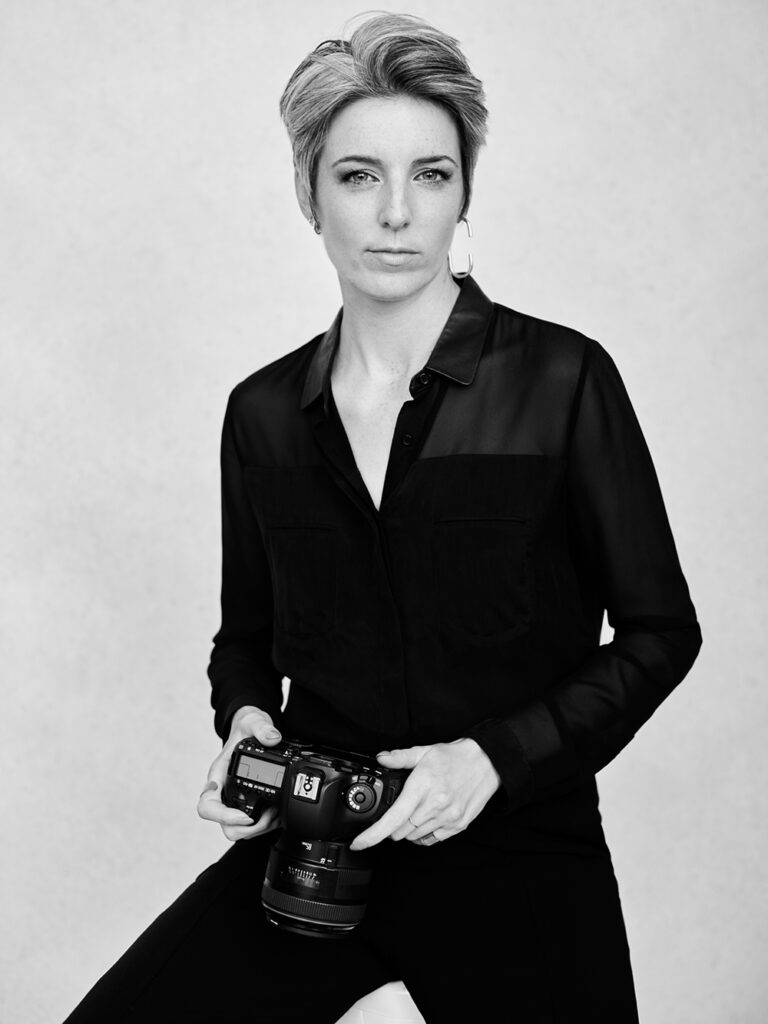
We now know that womanhood doesn’t equate to motherhood, in two senses: not all women are destined to be mothers, and not all mothers are women.
Patriarchy and religion have always been exerting a very rigid vision about what a woman should be, how she should feel, behave or desire, including naturally, the desire to become a mother. How do you think that gender diversity could challenge this ideology?
Patriarchy and religion make no room for diversity, especially when it comes to their ideas about men and women – the only genders they recognise. But we know that there’s a diversity of lived experiences, desires, and all the identifiers that feed into those, including gender.
A big part of We are Childfree is challenging that ideology. We now know that womanhood doesn’t equate to motherhood, in two senses: not all women are destined to be mothers, and not all mothers are women. Patriarchal institutions, including most major religions, resist both these ideas because they challenge long-held beliefs like the rigid gender binary and strict roles for “both” genders, including a subservient (or “complementary”) position for women.
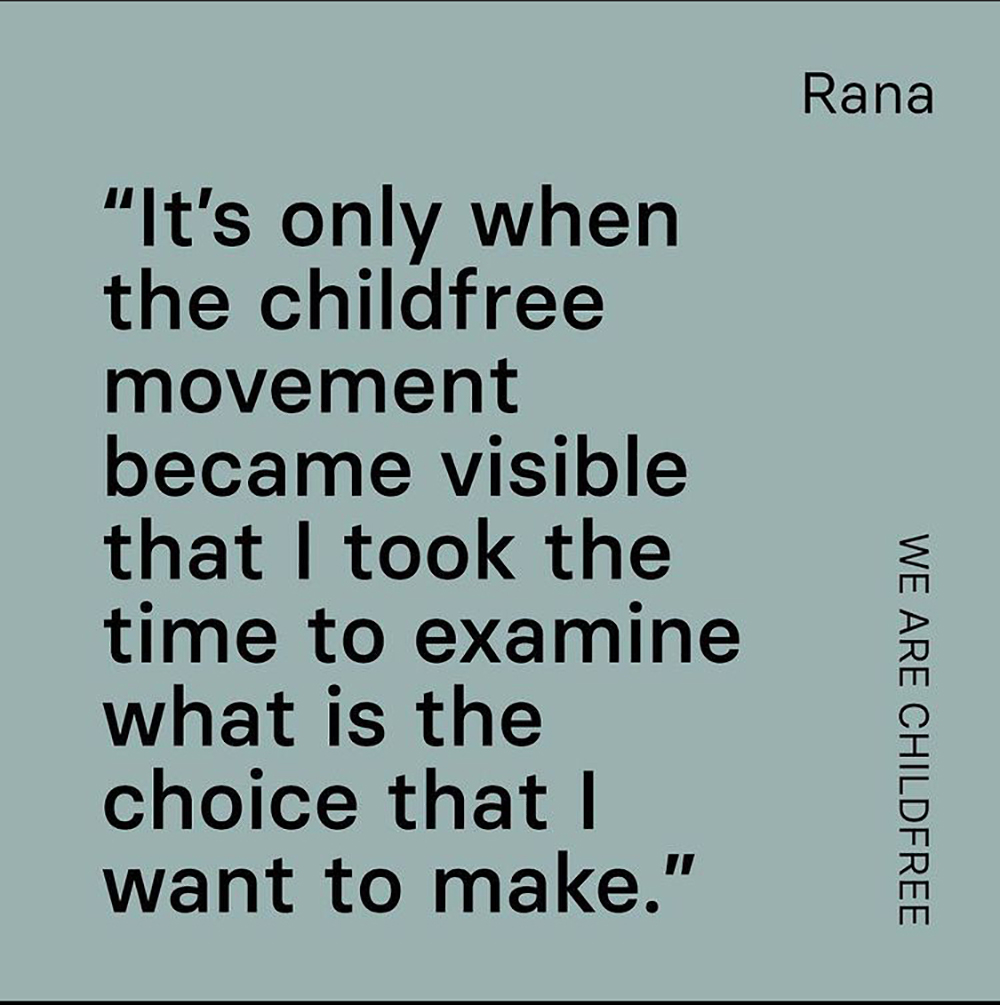
Recognising true gender diversity, and the diversity of everyone’s true wants, needs, and experiences, challenges all of this thinking.
In 1989 the artist Barbara Kruger created her piece “Untitled (Your body is a battleground)” as a protest against a new wave of anti-abortion laws and in support of reproductive freedom. Do you believe we are closer in 2022 to a society that values women beyond their reproductive capacities? Which steps should follow next to achieve female sexual and reproductive rights?
We’re moving closer to becoming a society that values women beyond their reproductive capacities, but not fast enough – and the closer we get, the more we’re running up against a conservative backlash from a minority dedicated to upholding the status quo.
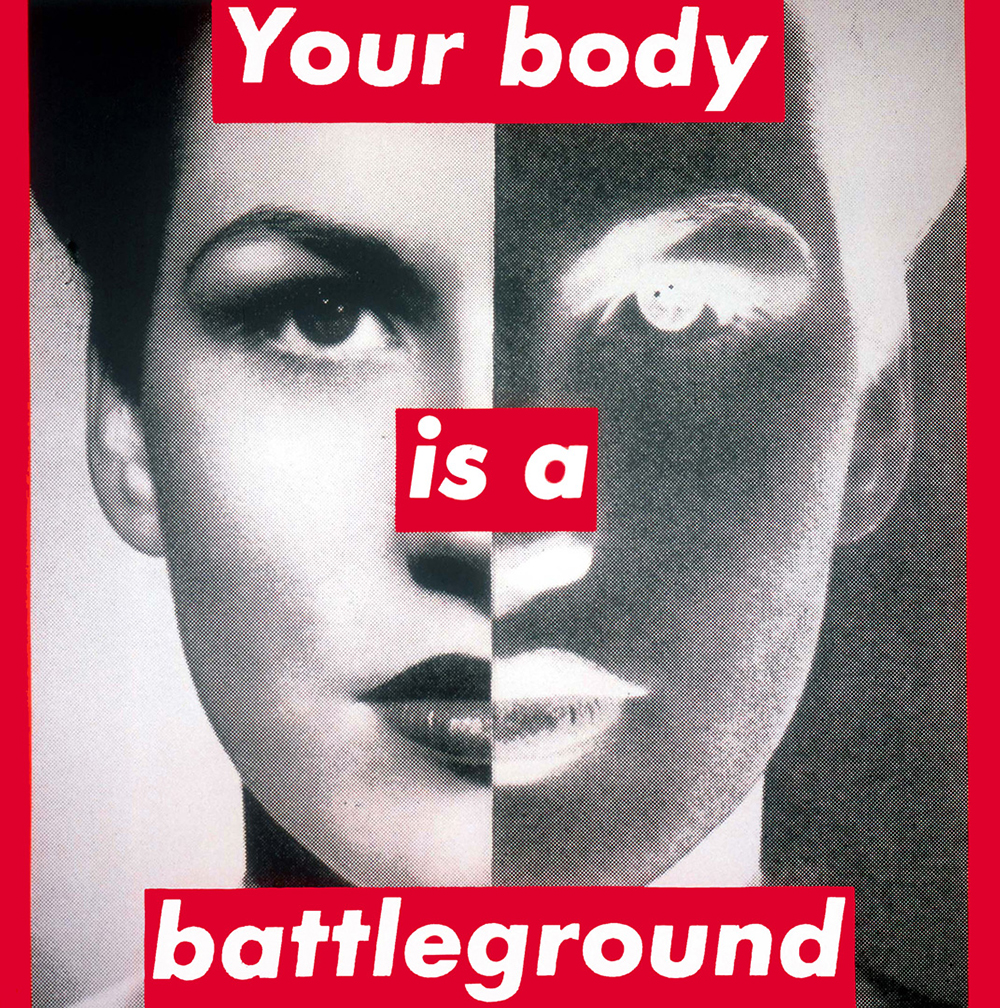
To ensure we achieve the sexual and reproductive rights that the majority of people believe we should have, we need to vote for people who explicitly support abortion, bodily autonomy, and women’s right to choose the life that’s right for them – and who will fight for these measures.
For example, most Americans support the right to abortion, and the 2021 Texas abortion ban was unpopular with even the majority of Republicans, Trump voters… white evangelical Christians! It’s just that this anti-populist measure has been pushed through by powerful people who are trying to uphold the white supremacist patriarchy – the state’s legislature, the court of appeals, and now with the overturning of Roe v Wade, the Supreme Court.
To ensure we achieve the sexual and reproductive rights that the majority of people believe we should have, we need to vote for people who explicitly support abortion, bodily autonomy, and women’s right to choose the life that’s right for them – and who will fight for these measures. We need to take up this fight ourselves, everywhere from social media to our social circles, to the street. And we need to tell more stories of women who have found fulfillment and value beyond their reproductive rights.
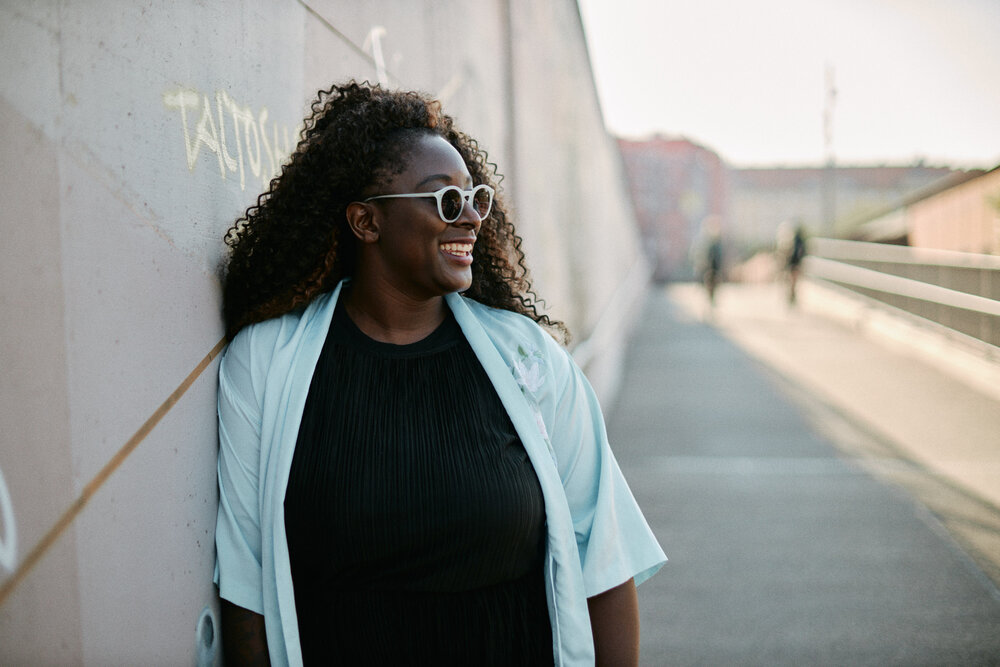
During an interview for The New York Times, the journalist Mary Katharine Tramontana suggested that “the acknowledgment that women have sex for pleasure” is one of the main taboos related to the social stigma of women who never had children. How do you think that female-identifying individuals are nowadays debunking this moth-eaten Madonna-whore dichotomy?
The Madonna-whore dichotomy is all about the control of women. Sex is supposed to serve the patriarchy’s goals of delivering male pleasure, and more children, ideally “healthy” males and of the dominant culture’s majority ethnicity, without respect for the bodies that deliver those things. That’s easier to do if we’re dehumanised and reduced to whores or Madonnas.
I do completely agree!
Any attempt to resist this reduction, or expand beyond it, debunks this dichotomy. That could be saying that “women have sex for pleasure”, or that “women don’t have to be mothers”, and more generally, “women should have the right to choose what they do with their lives and their bodies”. The more we stand in our truth and live authentically, the more society is forced to see us how we really are.
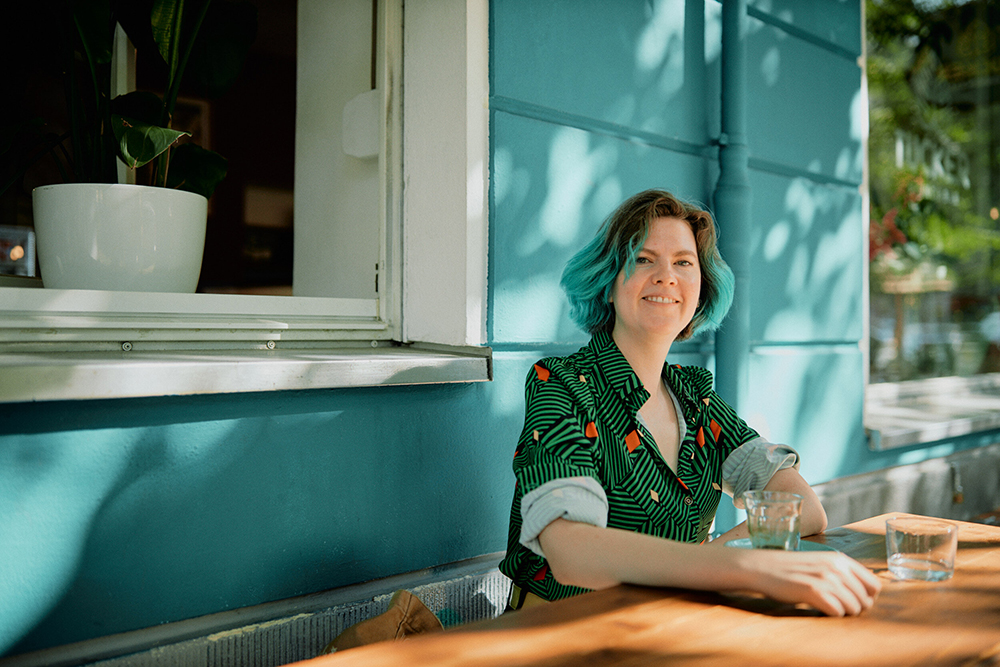
With We are Childfree, I set out to show that not all women are mothers and that women who don’t have children can lead fulfilling lives, can contribute to society, and, whether they do or not, have value just as they are.
Not only motherhood but natural childbirth appear to be in our society the most valuable part of a woman’s life, what is in your opinion, your contribution with We are Childfree to a different female identity construction?
With We are Childfree, I set out to show that not all women are mothers and that women who don’t have children can lead fulfilling lives, can contribute to society, and, whether they do or not, have value just as they are. That includes women and gender-diverse people who are doing “interesting things” and those who lead “normal” lives – to me, everyone’s experience is valid, interesting, and worthy of exploration and celebration.
I’ve been surprised to find that a diverse range of people wanting to share their stories, including childless people (those who can’t have children and are embracing a life without them), step-parents, egg donors, and people from other backgrounds and experiences that complicate the idea that all women are mothers, all mothers are women, and that motherhood has to look one kind of way.
I’m trying to do my part to expand on the female identity so that it’s truly all-encompassing, so we can choose and do whatever we want. Society needs to catch up with this!
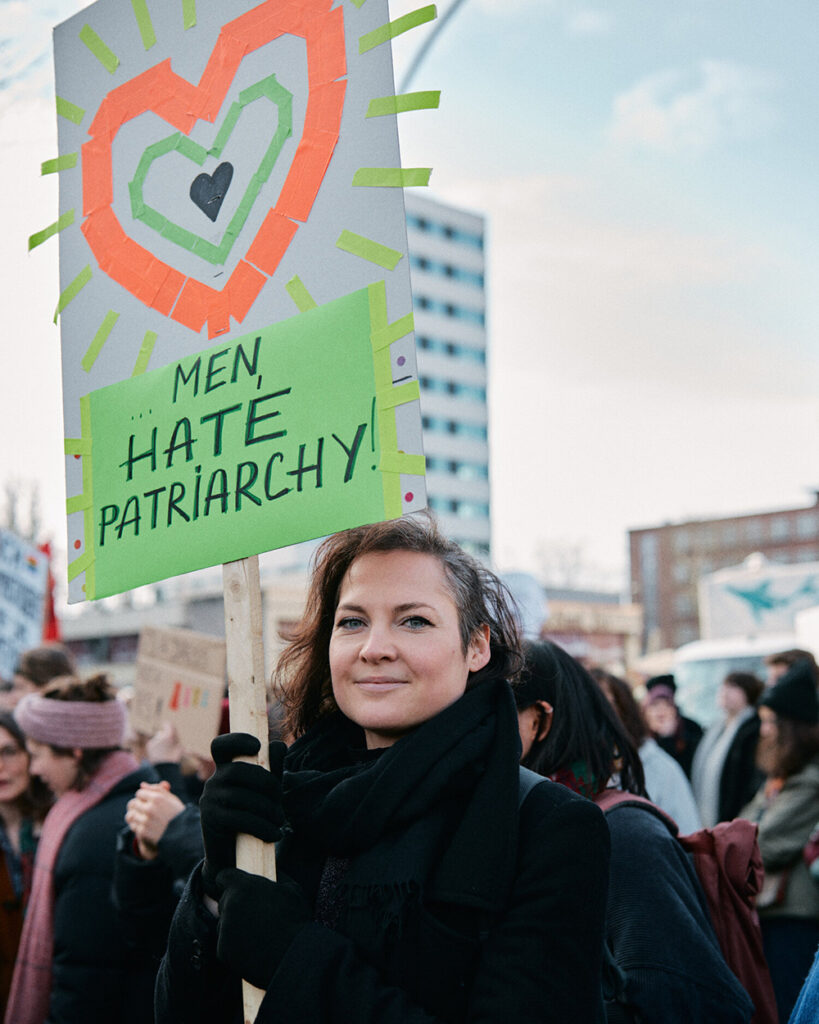
Perhaps until now, the influence of the so-called biological clock has been decisive in every woman’s personal, physical and professional aspects. Do you believe that delaying or avoiding procreation could lead to income and career parity?
We need to get away from the idea of a biological clock. It’s clear that approaching the end of your most fertile years has a psychological effect on some women – and men – but there’s nothing physiological that makes us want children (only the sex that sometimes results in them).
Yes, I believe that delaying or avoiding procreation could lead to income and career parity (and more equality generally), but only if governments and other institutions recognise and embrace these choices as a net positive for society and the planet. Right now we’re taking this effort unilaterally – where we’re permitted and supported to do so – but are running into resistance from the status quo and their institutions.
For example, one of my subjects, Monica, resorted to bringing up her childfree status in interviews to get a job. Her surprising results are probably born out across Germany, much of Northern Europe, and all countries with liberal parental leave policies: generous and equitable parental leave is a pro-natalist policy that upholds the idea that all women want to be mothers; it doesn’t address the inequality that means women earn less, and so are more likely to take the time off; so women of childbearing age who don’t have any or “enough” children are assumed to want children, and therefore trying to secure a position to take advantage of parental leave benefit; perhaps counterintuitively, women of childbearing age are then discriminated against in the job market, including childfree women who don’t make that status known, and can’t be asked about it (it’s illegal)… with the end result that gender inequality is upheld.
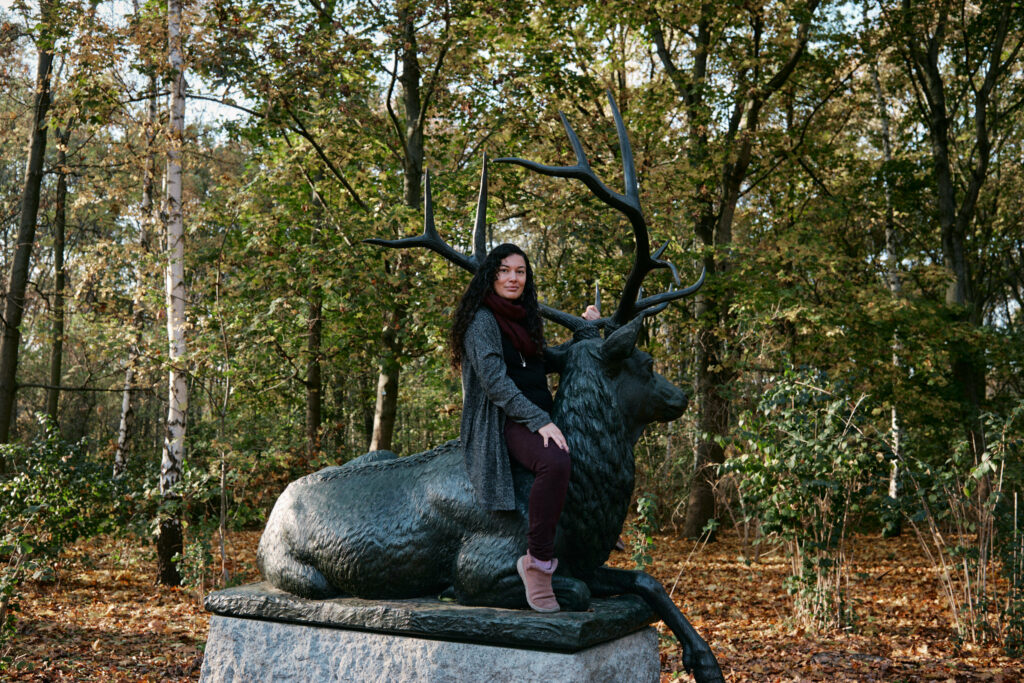
So, as well as campaigning for women to be able to achieve and embrace freedoms in and outside of the workplace, we need to push governments to reframe their pro-natalist thinking. They need to abandon cis-hetero norms, and support mothers *and all other women and gender-diverse people*, in order to ensure income and career parity.
This is a very personal (and beautiful) question: How do you experience a romantic relationship where you don’t feel oriented to continue the human species?
I was lucky to find a partner with the same feelings and priorities as me. When we met 20 years ago, we were young enough that we weren’t thinking about our future, or if and how children would fit into that. It slowly dawned on us both over time that we were childfree, and that realisation didn’t change our relationship at all. If you want children, then no doubt having them will bring deeper meaning to your life together; but if you don’t, your relationship can still have value and meaning. I think it’s important that, if you partner up, that you do so with someone who shares the same ideas about what they want their life to look like, and even better, the same sense of purpose (for us, that has become We are Childfree!)
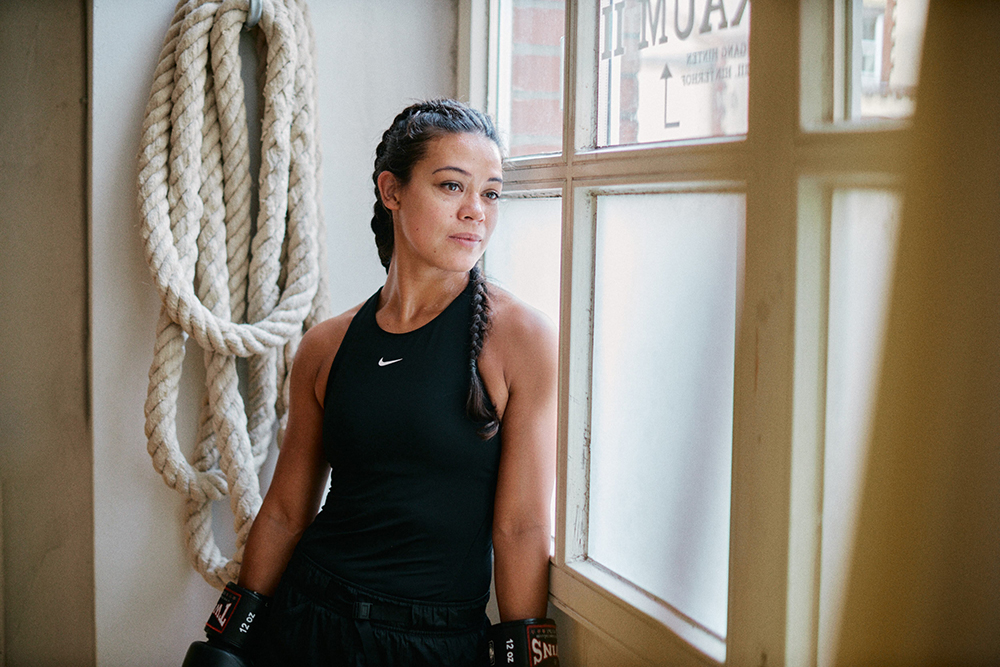
Which piece of advice would you give to those women and female-identifying individuals who decided to live childfree?
If you’ve decided to live childfree, embrace and celebrate the freedoms that this choice brings you, and fight for the freedoms and rights that you and others don’t yet have. Show solidarity with people who’ve made different choices, including mothers, because none of us will achieve liberation until everyone is liberated. And, if you’re able to safely, stand up and declare your childfree status, so others can see it as an option, and another possible route to a fulfilling life. If you’re ready to, share your story with me here!
Thank you Zoë for bringing this community together!
You can follow We are Childfree on Instagram, Facebook, and Spotify


